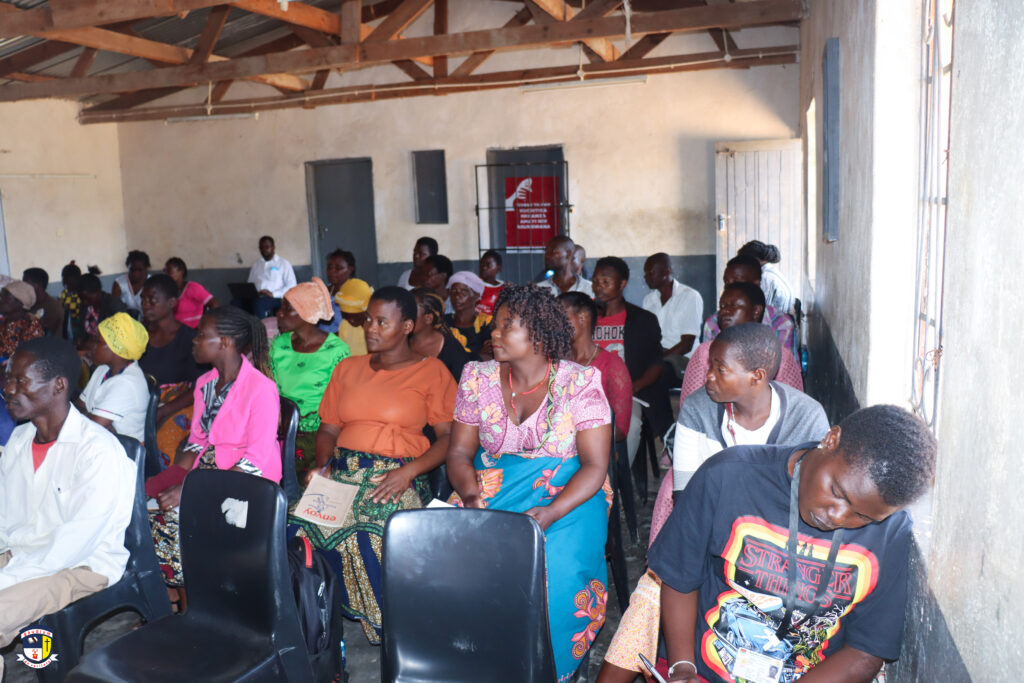MALAWI: Catholic University Trains Vendors on Business Growing

Luke Bisani
Going by a saying that if you ‘give a man a fish, you feed him for a day. Teach him to fish, and you feed him for life. The Catholic University of Malawi (CUNIMA), through its Management Resource Centre (MRC), has conducted a two-day workshop on small-scale business operators in Chiradzulu to empower them on how they can grow their businesses.
Speaking on the commencement of the workshop on Thursday this week, the Manager for MRC at the University, Dr. Gregory Kunyenje, said the university, through the centre, is striving to address challenges of unemployment by equipping those who are in businesses and willing to start their businesses to have the necessary knowledge.
“We believe that through this workshop, we are going to impart the knowledge to the locals that will help them in doing their small businesses,” says Kunyenje.
Kunyenje added that the business workshop is in line with the Malawi 2063 Vision that aims at seeing Malawi becoming a developed country for every citizen.
Nguludi Ward Councillor Bruno Mwase has since applauded the University, saying this will help the business owners to have the necessary skills.
One of the participants, Teleza Maluwa, said the workshop has provided knowledge and skills on how she can boost her business.
She further urged other participants to take the workshop seriously, urging that many others would have loved to be part of the workshop considering that it was free of charge.
A two-day workshop from Thursday to Friday has witnessed over sixty small-scale business operators from Chiradzulu district being trained on how they can set businesses, market a business, and do basic bookkeeping, just to name some.
The university plans to hold similar workshops in the remaining regions of the country as a way of reaching out to more people in the country.
Established in 2004, the Catholic University of Malawi has three centres, named Management Resource Centre, Centre of Environmental Affairs (CEA), and Centre for Socio-Theological Studies, used to engage on issues at the intersection of academia and contemporary life.


